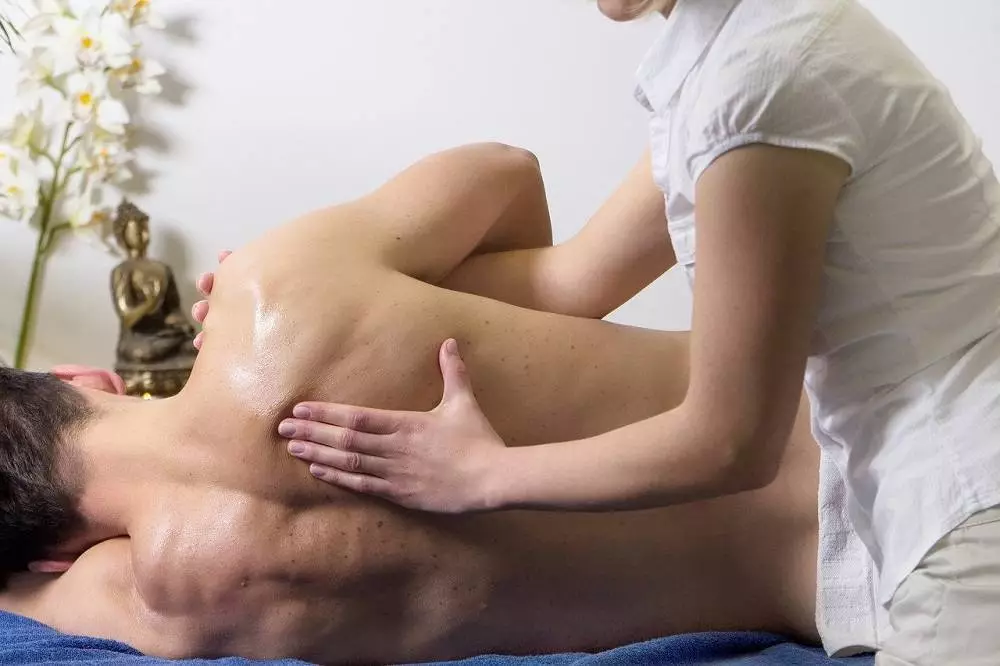The euphoric state of relief and relaxation following a massage session, however, could also be accompanied by a certain level of muscle soreness and tightness. This brings about the question: why do massages hurt?
The pressure and movements involved in a massage can stimulate parts of your body that you haven’t recently worked. Just like feeling sore after an exercise, you may feel pain in a specific area of your body that you may have been unconsciously ignoring.
This kind of tension is expected as a massage can highlight the spots of your body where tightness is most present. Besides this, some types of massage -such as deep tissue- are more likely to result in soreness afterward.
Keep reading to find out more about why massages hurt and how you can minimize post-massage pain.
What Causes Soreness after a Massage
The massage itself shouldn’t hurt, what may cause pain is the healing process following the massage. Such discomfort is normal to experience because the technique and pressure involved in a massage aim to direct blood and nutrients to muscles while getting rid of toxins.
This could mean stimulating certain muscles that you don’t typically use, which results in delayed soreness as a physical response to the inflammation while your body heals.
So, if your muscles don’t get massaged often, there’s a higher chance your body will ache after a massage. As time passes and your muscles get more used to being manipulated during a massage, you should feel hurt less and less.
Another reason for soreness after a massage is the type of massage you had. For example, a Swedish massage is less likely to cause pain afterward than a deep tissue massage as the latter uses stronger pressure. You may even hear your muscles pop during some massages.
How to Relieve Soreness after a Massage
Any post-massage pain or soreness should go away within a day or so, but if you want to speed up the process, you can try the following tips:
- Drink a lot of water before and after your session. Staying thoroughly hydrated helps rid you of acids or toxins or acids that surface during a massage.
- Avoid alcoholic, caffeinated, and sugary beverages before and after your massage. Other than water, stick to herbal teas and fresh juice.
- Do some gentle stretching after your massage to alleviate muscle tension and boost circulation.
- Go to the sauna or take a hot shower to promote muscle relaxation.
- Apply a topical treatment such as muscle rub or invigorating lotions and creams.
- Rest up after your massage to recharge. You can lie down to lounge or sleep while using pillows for elevating your feet and legs
- Take an ice bath or use an ice pack for 15 minutes per area on any sore spots a few times throughout the day.
When Should You Speak Up to Your Therapist?
An important part of massage therapy is to clearly communicate with your therapist. Talk to them before the massage and discuss whatever concerns you have about your body.
During your massage, don’t be shy to speak up if you feel too much discomfort or pain. Remember, the massage itself shouldn’t hurt you at any point.
Wrap Up
So why do massages hurt? It could be that your muscles are simply not used to the movements and pressure involved in a massage. It could also be the type of massage you got.
Either way, if the pain persists or gets worse, it’s best to visit a doctor as it could be due to an untreated injury or an underlying condition.

